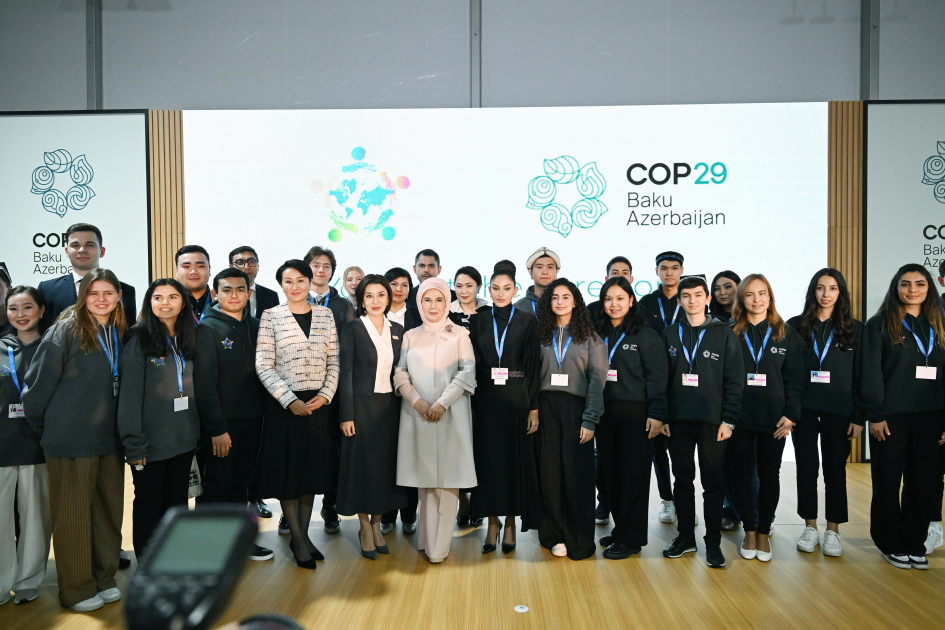By Kubrat Buhari
Climate finance is crucial for women and Indigenous communities to achieve climate justice. This funding provides the necessary resources for these groups to adapt to the adverse effects of climate change, such as extreme weather events, shifting agricultural patterns, and rising sea levels. Women and Indigenous communities often face unique vulnerabilities due to their reliance on natural resources and their marginalized socio-economic status.
Moreover, climate finance supports initiatives that help mitigate greenhouse gas emissions. By investing in sustainable practices, renewable energy projects, and conservation efforts, these communities can contribute to global emission reduction goals. This not only helps in preserving their local environments but also fosters resilience against future climate impacts.
Access to climate finance empowers women and Indigenous communities to implement and lead climate action projects tailored to their specific needs and traditional knowledge. It promotes gender equality and respects Indigenous rights, ensuring that their voices and solutions are integral to the broader climate justice movement.
Activists have long called for swifter and more decisive action, with women often indigenous or young leading these demands. Advocating for feminist climate justice, they envision a world where the well-being of people and the planet takes precedence over corporate profits and elite power.
Indigenous knowledge can profoundly enrich climate policies and actions. By actively involving Indigenous Peoples in climate planning and implementation, we can develop solutions that are more relevant and effective to specific contexts. This inclusion promotes innovation, enhances local ownership, and amplifies the impact of climate initiatives.
At international forums like COP26, leaders underscored the pivotal role of Indigenous Peoples in climate action and sustainable development, emphasizing the necessity of securing their land and resource rights.
Organizations like the UNDP has been supporting with finances for small grants to indigenous people in our communities in over 50 countries but it goes without saying that more organization need to participate actively in contributing finances for communities and ensure transparency and accountability.
This is also a call to action for the government at all levels especially in Africa, and also Nigeria as a Country to acknowledge citizens positive efforts in enhancing climate action.
Indigenous communities often lead the fight against climate change and biodiversity loss, serving as agents of change for a sustainable future and justice for their people. Acknowledging their contributions and supporting their involvement in decision-making is vital for the world’s efforts to combat climate and environmental crises.
As we confront the growing challenges of climate change, it’s crucial to acknowledge and uplift the essential contributions of women and indigenous communities. These groups possess invaluable knowledge and play a key role in promoting sustainable practices and solutions. Yet, they remain underrepresented and underfunded in the global climate agenda.
For real climate justice, we need to make climate finance accessible and focused on empowering women and indigenous communities. This means investing in projects that prioritize their leadership, expertise, and resilience. By doing this, we can tackle the immediate impacts of climate change and also build a fairer and more sustainable future for everyone.
Buhari Kuburat writes from llorin. Contact her at kubbybuhari@gmail.com or call 07089137314

